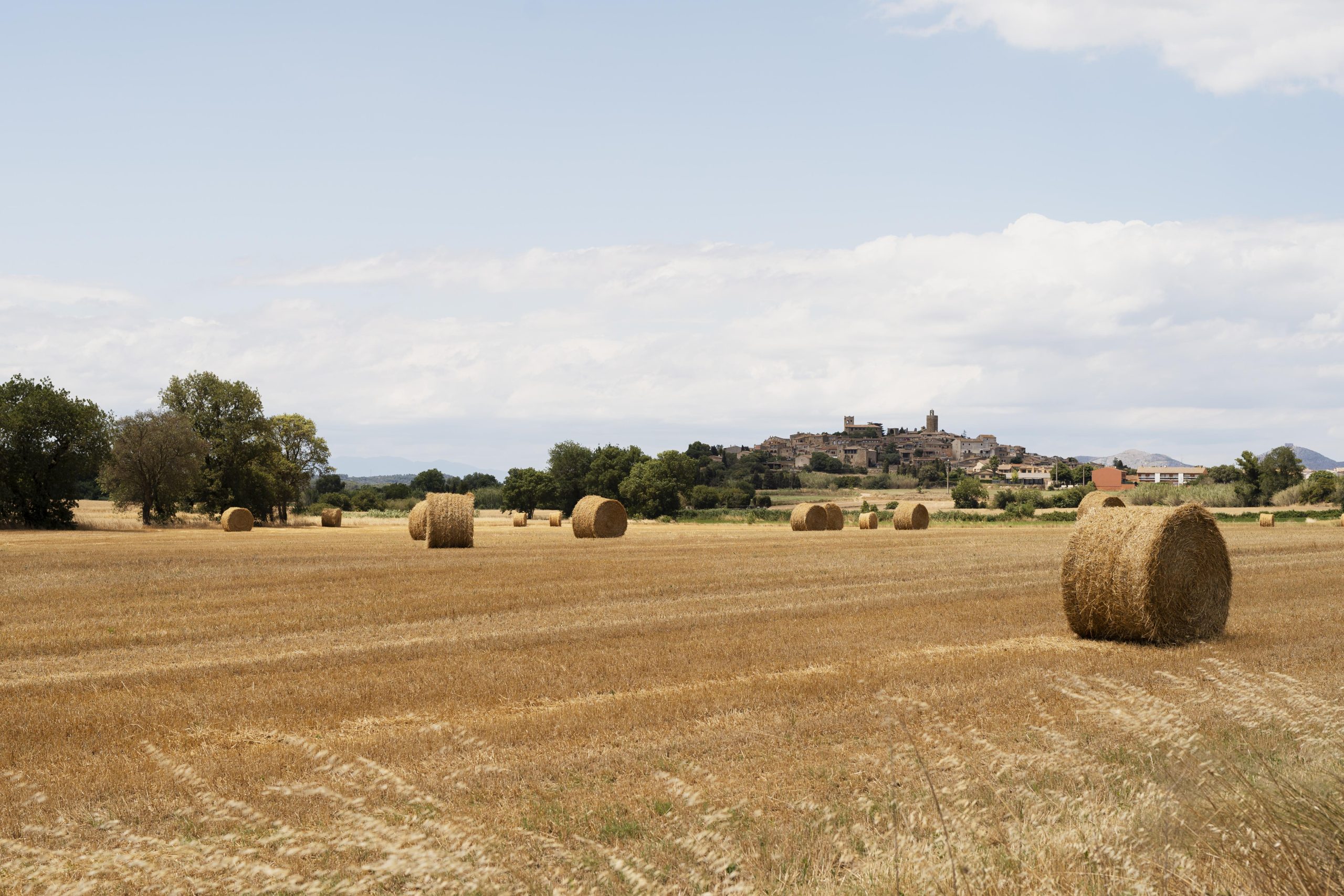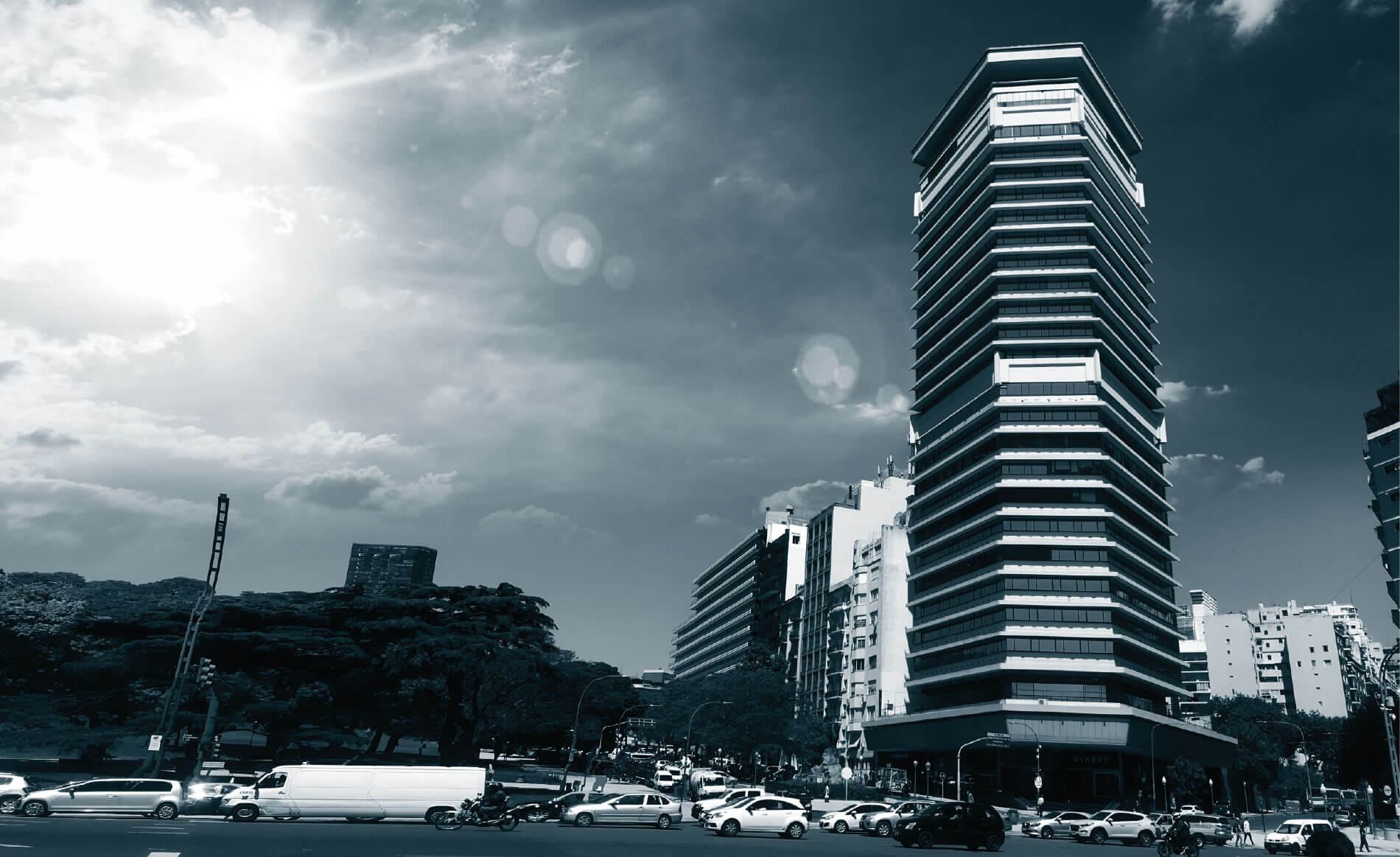On December 21, 2023, Decree of Necessity and Urgency No. 70/2023 (the “DNU No. 70/2023”) was published in the Official Gazette, which, among many other reforms, repealed the Rural Lands Law. Unless further clarification is provided, DNU No. 70/2023 will enter into force on December 30, 2023.
Main aspects of the Rural Lands Law that was repealed
Law No. 26,737, which had been in force since December 29, 2011, imposed prohibitions and restrictions on the acquisition of rural land by foreigners. The aforementioned rule considered “foreigners” the foreign human persons (unless they complied with certain terms of residence in the country), the legal entities incorporated abroad, and also those legal entities incorporated in Argentina that were directly or indirectly controlled by foreign human persons or legal entities. Under the law, the “control” of a legal person was given by being the holder of 51% of the equity of the referred entity, or, without reaching such percentage of equity, by being able to form the majority social will.
The main prohibitions and restrictions imposed by Law No. 26,737 [1], which have now been repealed in their entirety, were as follows:
- Foreigners could not own more than 1,000 hectares of rural land in the “core zone” of the country, or its equivalent in other zones [2], unless they already owned such land before the entry into force of the law.
- Foreigners could not hold title to real estate containing or bordering large and permanent bodies of water, unless they already owned such land prior to the entry into force of the law.
- Foreigners could not own more than 15% of the rural lands in the country, neither in a given province nor in a given municipality, and additionally, foreigners of the same nationality could not own more than 30% of the aforementioned 15% maximum limit.
- The purchase and sale of rural lands required the prior approval of the National Registry of Rural Lands (an agency created by the repealed Law No. 26,737), while transfers of the shareholding of legal entities holding rural lands, to the extent that they implied a change of direct or indirect control of the legal entities in question, required the subsequent communication to the National Registry of Rural Lands, so that the Registry could verify whether the transfer complied with the restrictions and prohibitions referred to above.
By virtue of the repeal of Law No. 26737, the legal situation prior to the enactment of that law, meaning that there are no restrictions for foreigners to acquire possessory or personal rights over rural lands, is restored. This, without prejudice to the restrictions established by the border security regime, mainly embodied in Decree-Law No. 15385/44 (as amended) and Resolution No. 166/2009 of the Ministry of the Interior.
Validity of Decree No. 70/2023
Article 5 of the Civil and Commercial Code establishes that laws become effective after the eighth day of their official publication; therefore, considering that Decree No. 70/2023 was published on December 21, 2023, it will become effective on December 30, 2023. Moreover, the treatment of Decrees of Necessity and Urgency (“Decree”) is regulated by Law No. 26122. The law establishes that the Chief of Staff must submit the Decree to the consideration of the Permanent Bicameral Commission within ten days of its issuance. The Permanent Bicameral Commission has ten business days to issue an opinion on the validity of the Decree and send it to the plenary of both legislative chambers for its treatment. The Decree will only become ineffective if both chambers reject it. The Senate and the House of Representatives may only accept or reject the Decree, but may not introduce amendments, modifications, or additions. The decision is made by absolute majority of those present.
[1] In 2016, Decree No. 820/2016 had mitigated some of the prohibitions and restrictions imposed by Law No. 26737. The prohibitions and restrictions listed here contemplate the aforementioned mitigation.
[2] The term “core zone” was defined in Decree No. 274/2012, while the equivalences to 1,000 hectares in areas other than the “core zone” were determined by each province.



